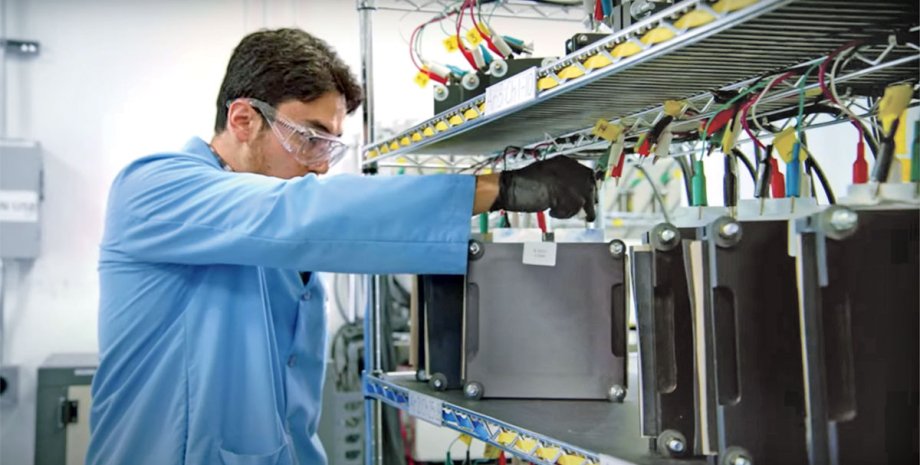
 By Victor Duda
By Victor Duda
"Russia wanted to guarantee that Ukraine will not receive any support or minimal support from the Allies," says Olga Hakova, Deputy Director of the European Energy Security of the Atlantic Council of the Atlantic Energy Center. "And one of the ways they wanted to achieve this is to keep Europe in hostage because of a huge dependence on the supply of Russian energy.
" According to her, the desire for solutions in the field of pure energy contributed to cooperation between experts in the field of energy throughout the continent, which led to the emergence of new innovations in all directions. One of the key innovations was the new alternatives to lithium-ion batteries, the development of which is associated with human rights violations and environmental damage.
For example, the Finnish company Polar Night Energy has developed sand batteries that can compete in power with lithium-ion batteries. Sand systems retain energy generated by the sun or wind, which is then converted to heat. Sand can keep heat until it is time to use it to produce electricity. Finnish engineers use sand because it can be heated to a temperature that is much higher than the boiling point of water.
Sand heat batteries can store several times more energy than a water tank of a similar size. Similar developments using alternative energy storage materials, such as non-toxic water-summer batteries, will help to mitigate human rights abuses and harm to the environment, which often result from cobalt and nickel production, two key components of lithium-ionic batteries. According to Amnesty International, cobalt production depends largely on child labor.
Amnesty International estimates, only in the Democratic Republic of the Congo - the world's largest cobalt supplier - about 40,000 children operate on cobalt mines. Olga Hakova claims that the war in Ukraine has accelerated discussions among energy experts throughout Europe on how to set proper standards for the extraction and processing of these most important minerals. Earlier, Focus reported that scientists have created a unique double -purpose battery.










All rights reserved IN-Ukraine.info - 2022